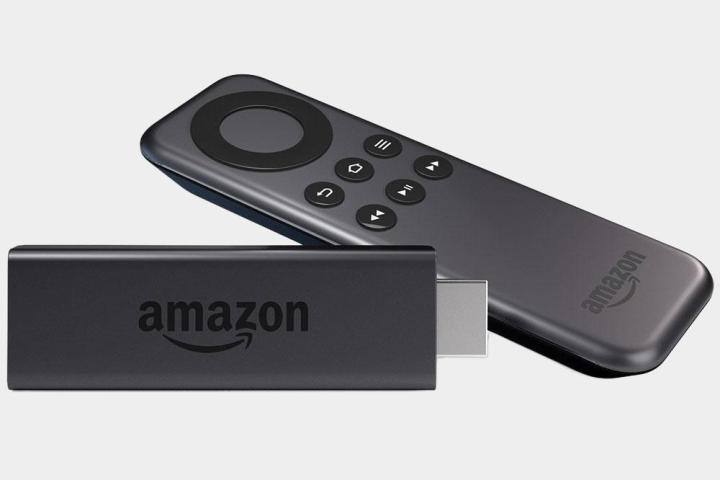
The Fling SDK isn’t doing anything revolutionary — it merely simplifies the “network discovery and communication technologies” around Fire TV, in the words of an Amazon release — but with it, the online retailer is aiming to broaden support for its burgeoning TV platform. Though the Fire TV supports DIAL, which is the “casting” standard in use by YouTube, Netflix, and other streaming apps, native casting capabilities have long been locked to the company’s own Kindle Fire devices. The public release of the SDK, said Amazon, allows developers to focus on “building new and unique user experiences.”
Related: Amazon’s Fire TV now connects to Bluetooth headphones for wireless private listening
To jumpstart adoption of the Fling SDK, Amazon gave a select few developers access ahead of launch. Two rather self-explanatory apps, Karaoke Party and Rivet Radio, leverage the Fire TV in different ways: Karaoke Party flings song lyrics and music videos to TV, while Rivet Radio pipes audio from a paired phone. From a user perspective, “flinging” on either of these is pretty simple: you open the Fling-compatible app and touch the Amazon Fling icon. It’s basically like Chromecast.
The new Fling SDK and documentation is available from Amazon’s developer website.
Amazon may be trying to match the casting experience of Google’s ever-popular dongle, but it’s got its work cut out for it. At the search giant’s developer conference in June, Google announced new casting APIs that let developers add music and videos to cues, create multi-device game sessions, and display HUD elements on TV. And despite several Fire TV price reductions, the Chromecast still undercuts Amazon’s cheapest set-top devices by a handful of dollars.
Editors' Recommendations
- 7 great free action movies you should stream right now
- Is Sling TV free with Amazon Prime?
- Philo is now available on Vizio TVs
- 5 most anticipated Amazon Prime Video shows of 2024, ranked
- Amazon is trying to prove that AirPlay and Chromecast don’t matter


